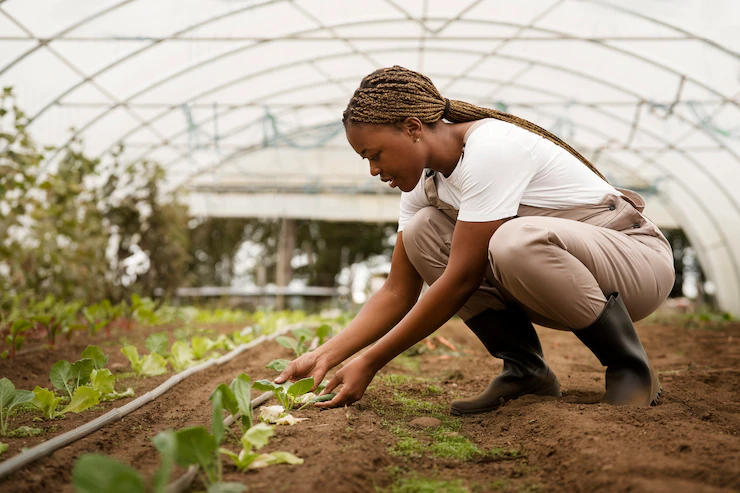- A grower job involves cultivating and nurturing plants, typically in a greenhouse or outdoor farm setting. Growers can work in various sectors such as agriculture, horticulture, or cannabis cultivation.
- The primary responsibility of a grower is to ensure the health and optimal growth of plants. This includes planting, watering, fertilizing, and monitoring plants for signs of pests or diseases.
- Growers must have a solid understanding of plant biology and be knowledgeable about different plant species, their specific requirements, and growth cycles. They need to know how to create and maintain the ideal conditions for each type of plant they cultivate.
- Climate control is an essential aspect of a grower’s job. They may need to regulate temperature, humidity, and lighting to create an environment that promotes healthy plant growth.
- Growers often work closely with other professionals, such as agronomists, agricultural technicians, or plant scientists, to ensure the best practices are followed. Collaboration and effective communication are crucial for success in this role.
- Problem-solving skills are essential for a grower. They must be able to identify issues such as nutrient deficiencies, pests, or diseases, and take appropriate measures to address them promptly.
- Time management is important in a grower’s job because plants have specific growth cycles and need to be cared for accordingly. Growers must schedule tasks efficiently, including planting, pruning, harvesting, and maintaining records.
- Attention to detail is crucial as growers need to monitor plants closely for any signs of stress, disease, or irregular growth patterns. This requires keen observation skills and the ability to notice even subtle changes in plant health.
- Physical stamina is often required as a grower’s job can involve manual labor, including lifting heavy objects, working in all weather conditions, and spending long hours on their feet.
- Continuous learning is a part of a grower’s job. New advancements in technology, techniques, and plant genetics are constantly emerging. Growers need to stay updated with the latest trends and research in their field to improve their practices and stay competitive.
Join 'Farmers Mag' WhatsApp Channel
Get the latest Farming news and tips delivered straight to your WhatsApp
CLICK HERE TO JOIN






